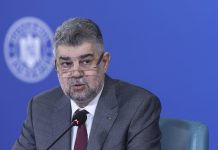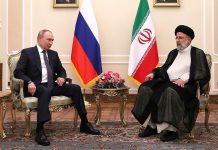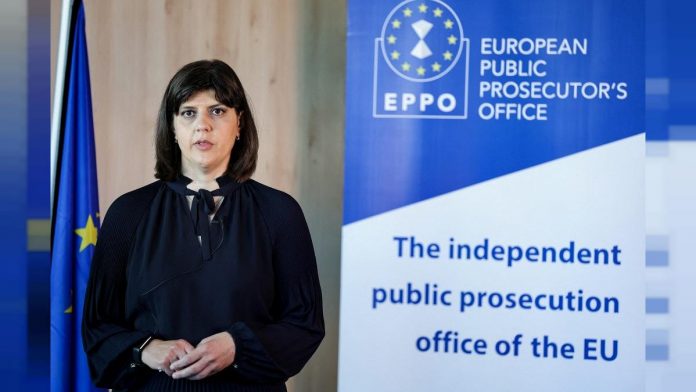EU member states aren’t showing enough of an appetite to recover tens of billions in funds lost to fraud each year, according to the head of the EU’s financial crime agency.
Fraud
Laura Codruta Kövesi, chief prosecutor at the European Public Prosecutor’s Office told Euronews that EU tax authorities are failing to collect an estimated 130 billion euros in VAT each year, with between 30 billion euros and 60 billion euros of that lost to fraud or “simply stolen” from the country’s coffers.
“If I were a finance minister, I would probably be losing sleep over it,” she said. “Especially in the current economic context when inflation is very high.”
The former Romanian anti-corruption chief prosecutor was interviewed by Euronews as the agency celebrates its first anniversary.
The independent public prosecution office, based in Luxembourg, is tasked with investigating crimes that harm EU-wide budgets, including fraud, corruption and money laundering.
Financial crime
Headed by a group of European prosecutors from each of the 22 participating EU states, it takes cases of financial crime forward in the relevant national courts. It can investigate crimes across borders, while national authorities are confined to their own territory.
During its first year of activity, it opened 929 investigations , issued 28 indictments and obtained four convictions, in addition to securing court orders to freeze 259 million euros in assets.
Yet despite these results, Ms Kövesi says she still needs to convince certain EU leaders of the importance of the EPPO’s work. „Too often,” she told Euronews, „we are confronted with a rather limited understanding of the implications for any economy of criminal organisations being able to inflict such damages with VAT fraud alone.”
Slovenia
One of the most notable examples was Slovenia, which drew harsh criticism from senior EU officials for repeatedly failing to send the EPPO any European Delegated Prosecutors (EDPs) to conduct the investigations in the member states.
She slammed the Slovenian government over the matter at various intervals, accusing national authorities of a “manifest lack of sincere cooperation” with the EPPO and setting a “dangerous precedent” by interfering with its proper functioning.
The Slovenian government finally nominated its EDPs in November, before causing further ire in January when it proposed a law change to reduce the amount of time it would allow to prosecute white-collar crime cases.
Authority
Poland, which doesn’t participate in the EPPO but is required to recognise it as a competent authority, has also repeatedly rejected the agency’s requests for cooperation. Kövesi contrasted this with Hungary, another non-EPPO country that has replied to all the agency’s requests.



















